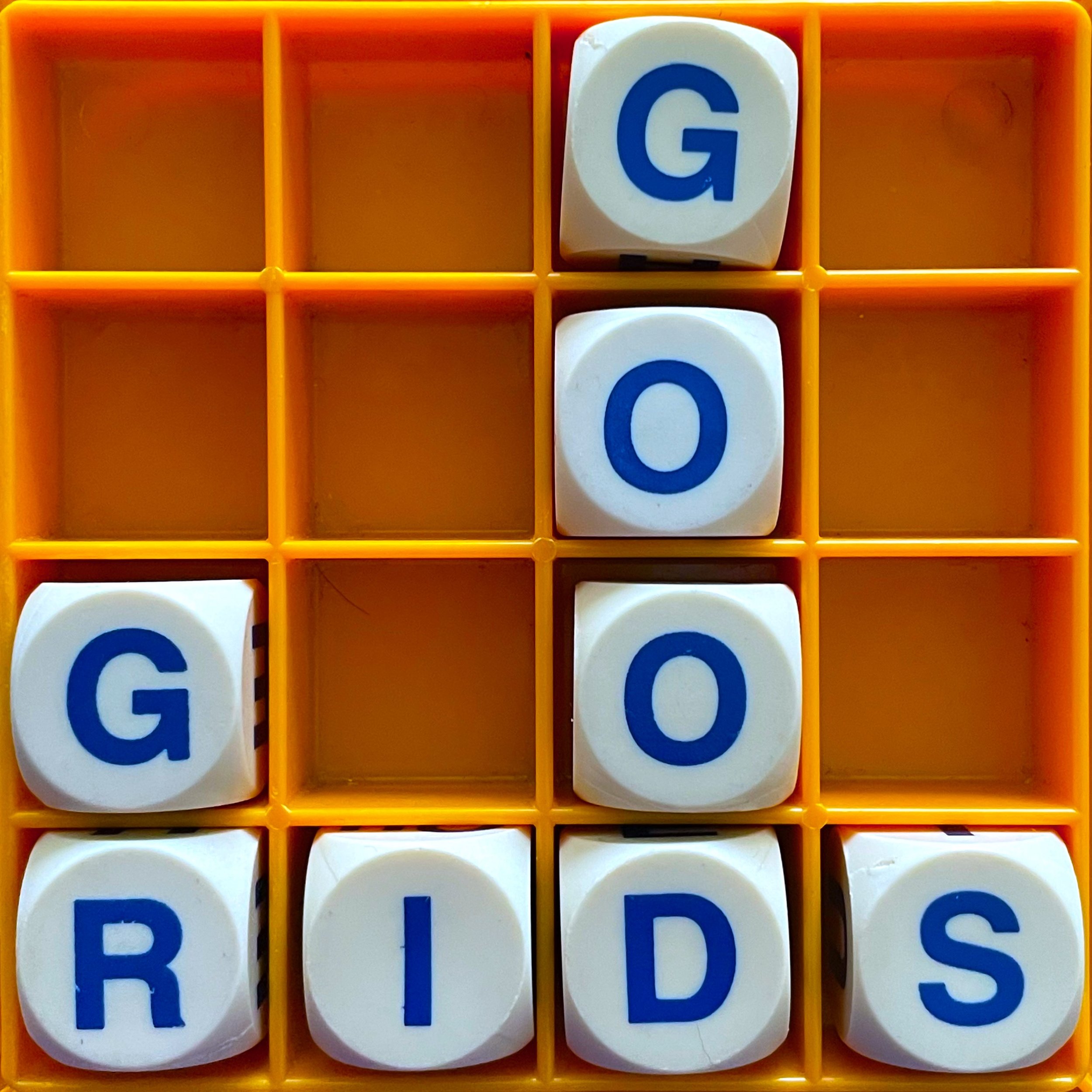ERIK AGARD: What I see a lot in crosswords is, I think, not unique to crosswords where historically they've been for a very specific cross-section of an audience. They're written with certain people in mind, and certain other people not in mind. And I think we're starting to see the tip of the iceberg of some changes that expands the range of who they're for.
Read moreAllusionist 103. Food Into Words - transcript
FELICITY CLOAKE: It's very nerveracking because people spend money on ingredients, they may be cooking it for a special occasion, they try to impress a date or whatever - there's a lot that can go wrong with food and it's quite a weighty responsibility to be responsible someone's dinner or their birthday cake or whatever; it is a big deal.
RACHEL GREENHAUS: If it's a cookbook for family use, you're going to write it differently than if it's a cookbook for expert bakers and figuring out how to get the recipe that's right for that.
MIMI AYE: It's very different from cooking in real life, I think. Which is weird because you're trying to tell people how to cook the dish.
RACHEL GREENHAUS: It would be really easy to show you, but it's hard to describe in language.
MIMI AYE: Yeah, it's a complete nightmare.
Read moreAllusionist 84. Trammels - transcript
ROSS SUTHERLAND: We're taught from a young age to be good sports at losing games. Sportsmanship as a concept is all about being a good loser. And yet we're terrified of the concept of losing art. It's a horrible thing to try and to put yourself out there and for it to fail. So if you can reframe it as a game then all the better.
HZ: Because if you fail again you've just failed at the game and not at art entirely.
ROSS SUTHERLAND: Yeah, exactly. You fail at the game, but then you can play again. it's less of a referendum on your own self-worth if you just lose a game, because we play games all the time and so we're very comfortable with our odds. Whereas I feel when it when it comes to art the odds feel a little bit more important, and they shouldn't.
Read more


